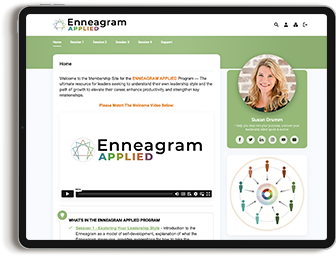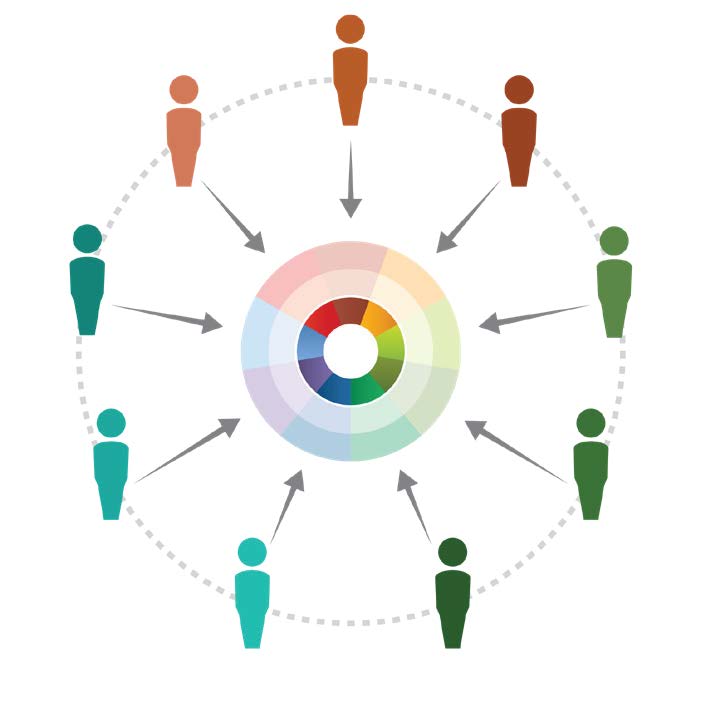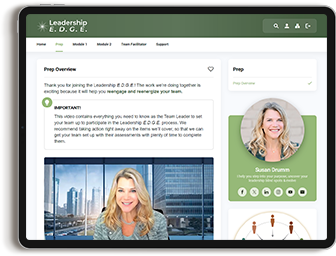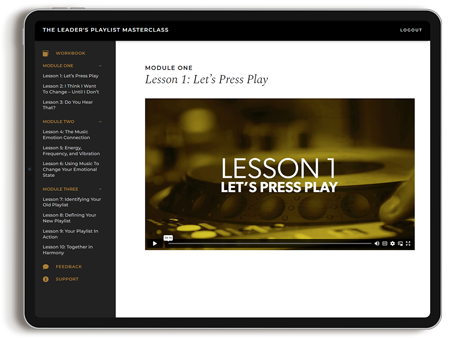Getting Comfortable With Being Uncomfortable (feat. Nima George)
Most every business wants to be a beacon of diversity and inclusion. Yet, with the incoming workforce being more diverse than ever, why does this goal seem increasingly hard to achieve?
While it’s preached from the mouth of every CEO and VP, it seems that the reality of a diverse and inclusive workforce isn’t measuring up. Tech giants like Twitter, for example, say that they greatly value diversity. Still, in the six years since submitting their first diversity report, their workforce only reported a 4% increase in black employees. Facebook showed an abysmal 8% increase.
It seems that with embedded biases and hesitancies toward being viewed as too direct when asking minorities to speak up, encouraging and amplifying diversity down through the ranks of an organization has become a struggle.
So, how do you pass on high-level company values to mid-level managers?
Nima George seems to have discovered the answer. She is the Director of Resources at Google. Nima oversees strategic infrastructure planning for computer and network resources, and efficiency management for Google ads, commerce, payments, and engineering. However, as one of the DEI (diversity, equity, and inclusion) leads for the Google Ads department, much of Nima’s attention focuses on nurturing her team’s minds and amplifying their diverse voices.
In this week’s episode of The Enlightened Executive podcast, Nima shares the importance of creating a workforce and culture that prioritizes inclusion, belonging, and a space for people to thrive.
Building Cognitive Diversity
Creating a space that celebrates diversity, equity, and inclusion, usually falls upon team leaders. However, in today’s world, many leaders battle with several challenges when it comes to accomplishing that goal.
The primary challenge is the embedded biases that may arise unconsciously.
For example, many leaders may find themselves automatically turning down applicants or ticking someone off a hire list, because of differing views, looks, or their inability to approach an issue in a similar way as they would. But Nima urges leaders to break out of this default mindset.
“When you’re building your team, it is important to bring diverse minds together because that’s how you build a product with optimal quality. You don’t want people to approach the problem in a similar manner. You don’t want people to think the same way on the same teams. You need different minds.”
Another challenge leaders face is nurturing and encouraging inclusion. Your job as a leader doesn’t stop at building the right team. You must create an environment where team members are motivated to bring out their best.
Nima shares that one of the easiest ways to do this is by making space for people to speak up during meetings. For example, if you’re in the midst of a meeting and are only hearing from the most extroverted people, take a moment to pause the conversation and call on those that may not be contributing as much as others.
“All of us have had mentors, guides, and coaches that have helped us in our careers and called on us to speak up. So be that person for someone else.”
Building cognitive diversity within your team isn’t an easy task. A lot of it requires you to step out of your comfort zone. But once you build an environment where your team feels they have the support and space to thrive, you blow the doors open on what you’re all able to accomplish.
Do you tend to stay within the walls of comfort, when it comes to expanding the diversity on your team? In what ways can you grow beyond it?
Nima also shares:
- The need for mentors; no matter the level of leadership
- The past and future of women in tech
- The importance of infusing humanity in leadership
If you liked this episode, you may also benefit from hearing:




